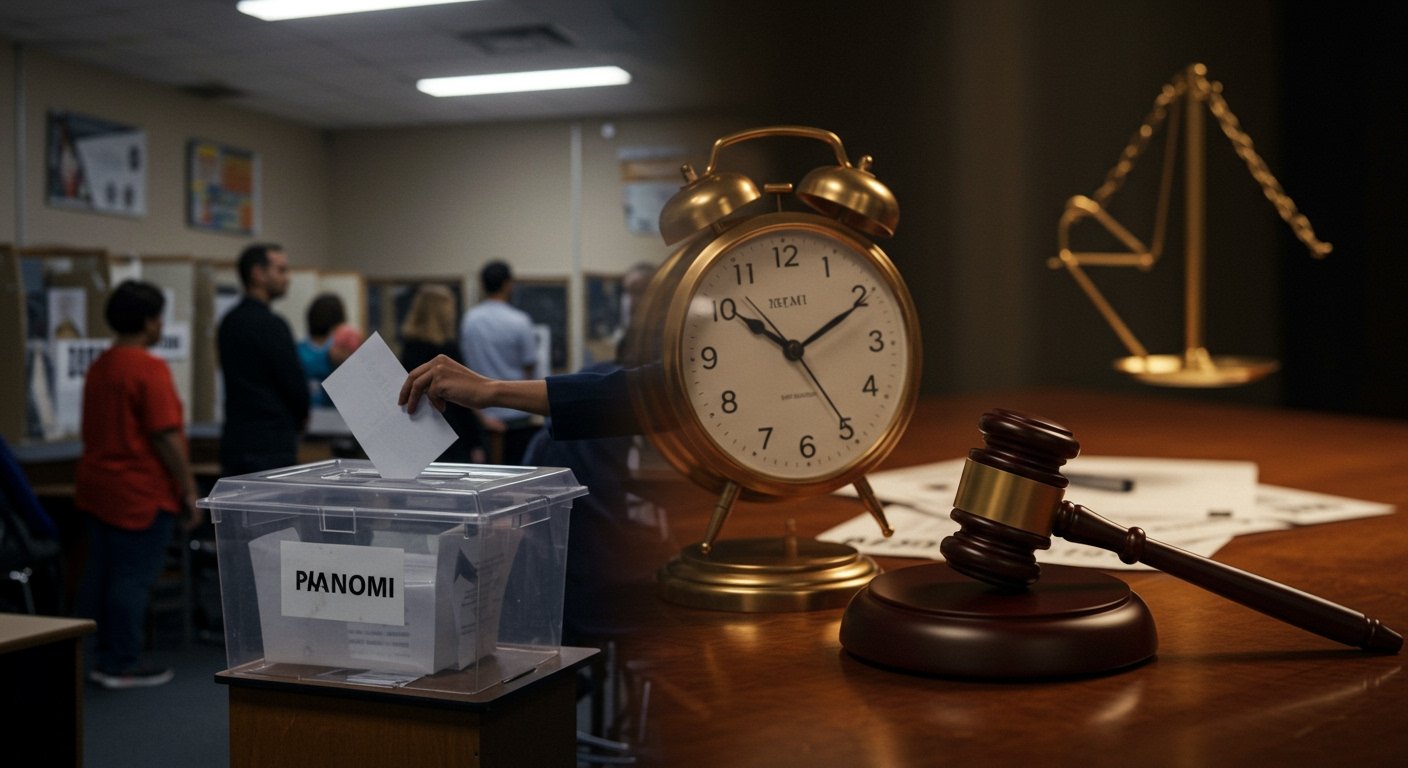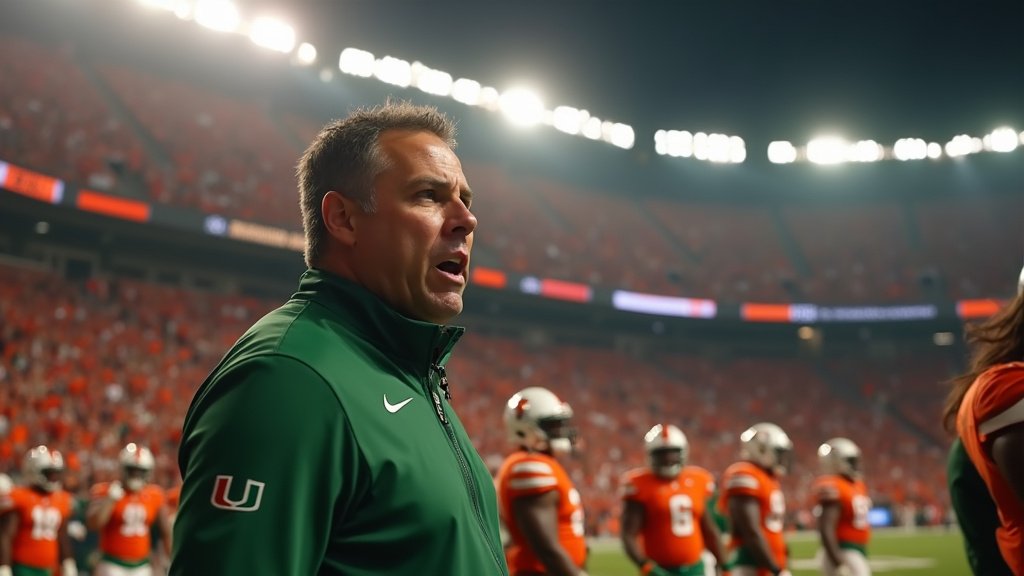Miami, Florida – The Miami City Commission is poised to make a potentially transformative decision regarding the city’s electoral calendar, with a final vote scheduled for Thursday, June 26, 2025. At the heart of the debate is a proposed legislative shift that would move municipal elections from their current odd-year schedule to align with even-year state and federal elections.
The proposal, which secured a narrow 3-2 initial approval during a pivotal meeting on June 17, is being championed by proponents as a means to significantly boost voter participation. By coinciding with higher-turnout state and federal contests, advocates argue that more Miamians would be inclined to cast their ballots in local races, thereby strengthening democratic representation within the city.
Beyond the civic engagement aspect, the measure also presents a compelling fiscal argument. Shifting to even-year elections is projected to yield substantial cost savings for the city, estimated at over $1 million. This is primarily due to the elimination of the logistical and operational expenses associated with conducting separate elections solely in odd-numbered years.
Implications for the City’s Political Landscape
However, the proposal is not without its controversial elements and political ramifications. If approved, the legislation would necessitate the postponement of the upcoming November 2025 elections to November 2026. This delay would consequently extend the terms of the current mayor and city commissioners by one year, a point that has drawn scrutiny and opposition.
The June 17 meeting saw commissioners Damian Pardo, Ralph Rosado, and Christine King vote in favor of the legislation. Speaking in support of the change, Commissioner Pardo, who sponsored the measure, described the move as “extremely popular.” He also argued that the shift could proactively prevent potential legal challenges related to term limits, suggesting the current schedule might inadvertently complicate future interpretations or enforcement.
Conversely, Commissioners Miguel Angel Gabela and Joe Carollo cast the dissenting votes, highlighting the division within the commission on this significant issue. Their opposition underscores concerns, likely centered on the term extensions and potential disruption to the established electoral cycle.
Perspectives from City Hall and Beyond
Miami Mayor Francis Suarez has publicly voiced his support for the proposed election date change, aligning himself with the proponents who see benefits in increased voter turnout and cost efficiency.
Adding another layer of complexity to the situation, Florida’s chief legal officer, Attorney General James Uthmeier, has issued a warning to the city regarding the proposed change. While the specifics of the Attorney General’s concerns have not been fully detailed in public discourse surrounding the initial vote, a warning from the state’s top lawyer suggests potential legal or statutory conflicts that the commission must consider before the final vote.
This intervention from the state level highlights that the decision extends beyond local preferences, potentially interacting with state election laws and constitutional provisions governing term lengths and election timing.
Related Action on Term Limits
Significantly, during the same June 17 meeting, the commission also took action on a related governance issue: term limits. They approved a proposed amendment aimed at establishing specific term limits for the mayor and city commissioners. This proposed amendment, while separate from the election date shift, is intertwined with the discussion about how long officials serve.
Crucially, this term limits amendment requires a second approval from the City Commission before it can be presented to the voters of Miami for final ratification. The timing of any future election where such a measure might appear on the ballot could be directly affected by the outcome of the vote on the odd-to-even year shift.
The concurrent consideration of these two measures – election timing and term limits – underscores a broader effort or debate within the commission regarding the structure and tenure of city leadership.
What Lies Ahead: The Final Vote
The impending final vote on Thursday, June 26, 2025, represents a critical juncture for Miami’s electoral framework. The decision will balance the potential benefits of higher voter engagement and significant cost savings against concerns related to the extension of current officials’ terms and potential legal challenges, including those potentially raised by the Attorney General’s warning.
The outcome will not only determine when Miamians next head to the polls for municipal races but could also influence the political dynamics and perceived fairness of the electoral process for years to come. As the date approaches, stakeholders, residents, and legal experts will be closely watching the Miami City Commission as it weighs the varied implications of this significant proposed change.





